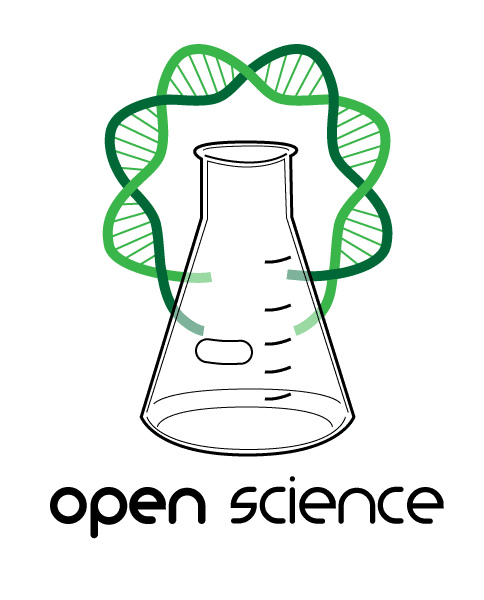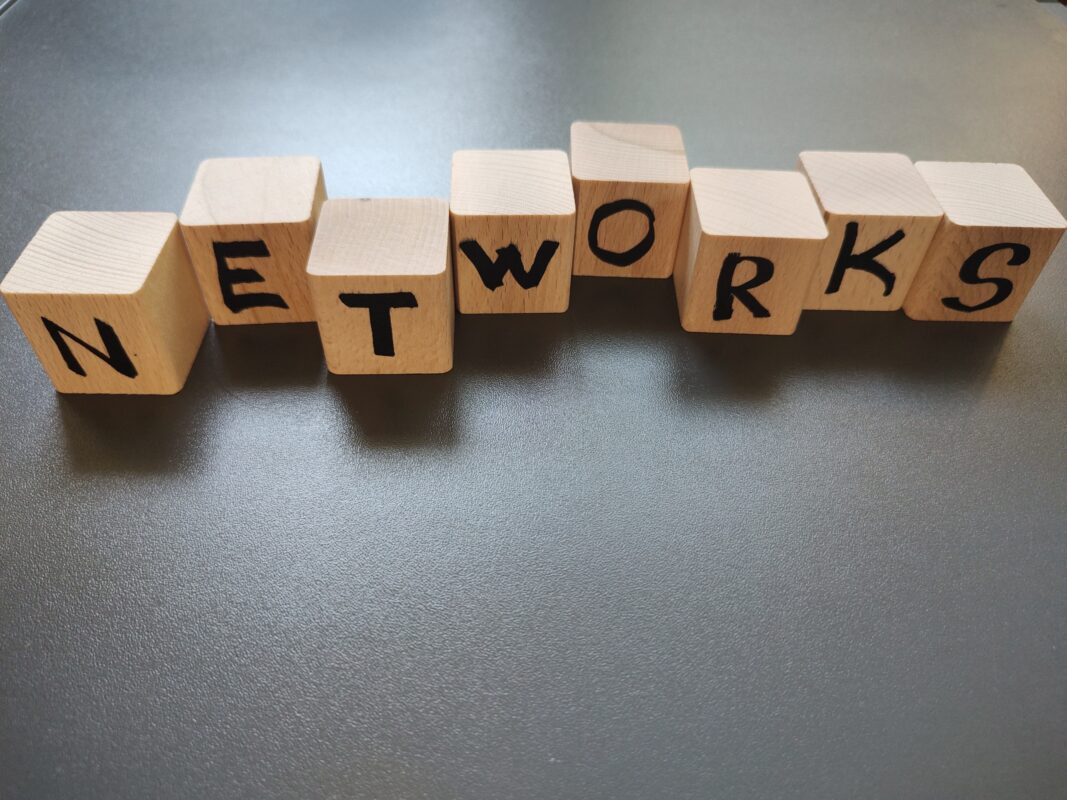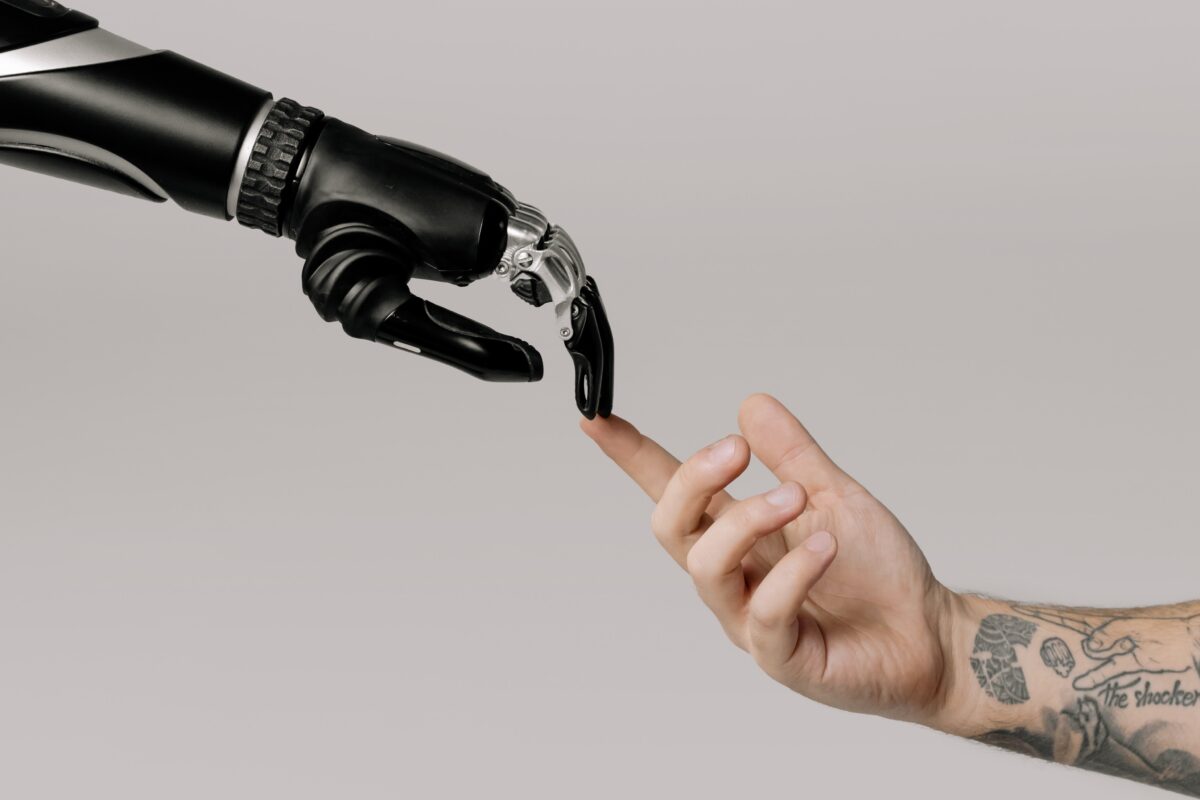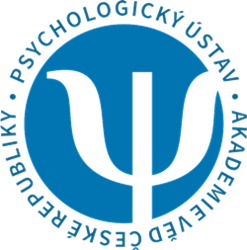Social and Emotional Development Lab
Research focus
We are a research group of the Institute of Psychology of the Czech Academy of Sciences and we focus on children and adolescents. We investigate how their mental health, well-being, attitudes towards others and relationships with peers develop. For example, we examine how exclusion and bullying arise in groups, or, on the contrary, how positive relationships and helping others develop. We are also interested in how peer relationships translate into psychological well-being. We also address interdisciplinary topics, such as the dynamics of complex systems. Our lab was established in the summer of 2022 and is open to those who share our interest in rigorous research, open science, and innovative methods. Our work has practical implications that include providing useful information for psychologists in practice and teacher training.
Research principles

Research interests
Classroom dynamics

Bullying and disrupted peer relationships

Safe environment and the role of the teacher

Program evaluation

Artificial intelligence

Investigation of psychometric properties

Complexity of psychological phenomena


